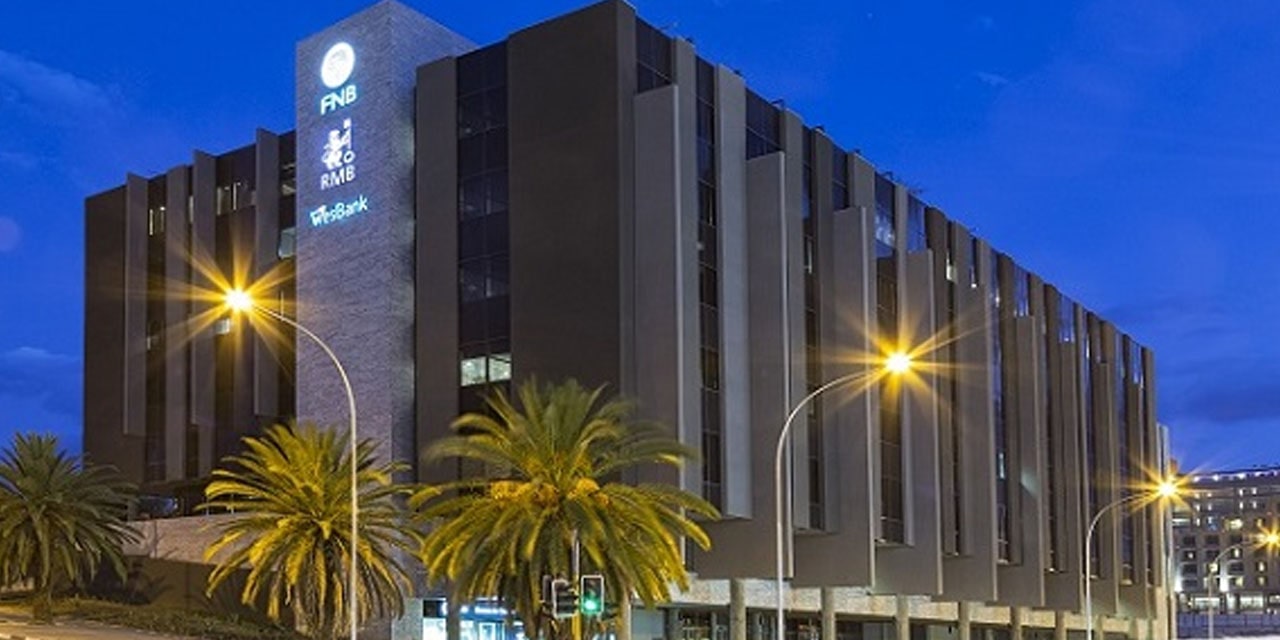Staff Writer
FNB Namibia says although market sentiments point to further declines in house prices due to expected distressed sales, it is of the opinion that price contractions have reached their peak.
“House price gains were notable in the Coastal and Northern regions, registering growth of 8 percent and 6 percent y/y respectively. Meanwhile, double digit contractions in house prices of 10.8 percent and 13.8 percent y/y were recorded in the central and southern regions due to affordability issues. As a result, the elevated demand for land in the central region led to a 12-month average price growth of 14.2 percent per square metre at the end of June 2020, compared to a contraction of 13 percent y/y recorded over the same period of 2019. This can be ascribed to high bid prices offered for the purchase of land mainly by private developers,” FNB Market Research Manager Frans Uusiku said while commenting on the bank’s second quarter FNB Residential property report.

“First, house prices have only registered an annual compounded growth of 6 percent since 2009, which is lower than the 9 percent growth observed in mortgages over the same period. Second, there is a 91 percent positive correlation between house prices and mortgages since 2009. This could imply that house price appreciation realised since the 2008/9 global financial crisis was associated with a corresponding growth in mortgages. Therefore, from a seller’s perspective, trading activity below the prevailing average price levels may prove difficult due to high level of indebtedness.”
According to the report the House Price Index was down 2.7 percent from the second quarter of 2019 to the second quarter of 2020 while the national weighted average house price is now recorded at N$ 1 044 956.
With regard to the various regions Uusiku advised that central residential property prices contracted by 10.8 percent y/y at the end of June 2020 compared to a contraction of 6.1 percent y/y recorded over the same period of 2019, while house prices in the coastal region have remained buoyant, recording price growth of 8 percent y/y at the end of June 2020 compared to a contraction of 11.7 percent y/y recorded a year ago.
“Northern house prices have rebounded from a 28-months long negative growth territory, posting growth of 6 percent y/y as at June 2020. The average house price in the northern region is now at N$871 000. The southern region represents a very small fraction of the housing market, accounting for only 2 percent of overall transactional volumes since July 2019. House prices in the southern region contracted by 13.8 percent y/y at the end of June 20120 compared to a contraction of 5.1 percent y/y recorded a year ago.”
“More highlights of the report advise that the Northern region is the only region with positive volume index growth – recorded at 16.5 percent y/y while the overall pace of land delivery improved by 23.1 percent y/y from -22 percent y/y recorded a year ago.”
Uusiku said that it was encouraging to see that overall land delivery grew by 23.1 percent y/y over the second quarter of 2020 compared to a contraction of 22 percent y/y recorded over the same period of 2019.
“In conclusion we believe that attractiveness of the residential property market as an asset class will be dependent on the extent of economic recovery and subsequent revival of the rental market. In the meantime, we see accessibility and affordability of housing to be highly concentrated within the small housing segment particularly in the northern and southern regions. Looking ahead, immediate pockets of growth are likely to be realized through addition of new developments that respond to evolving levels of household incomes along with fact-tracking the pace of affordable land delivery.”




